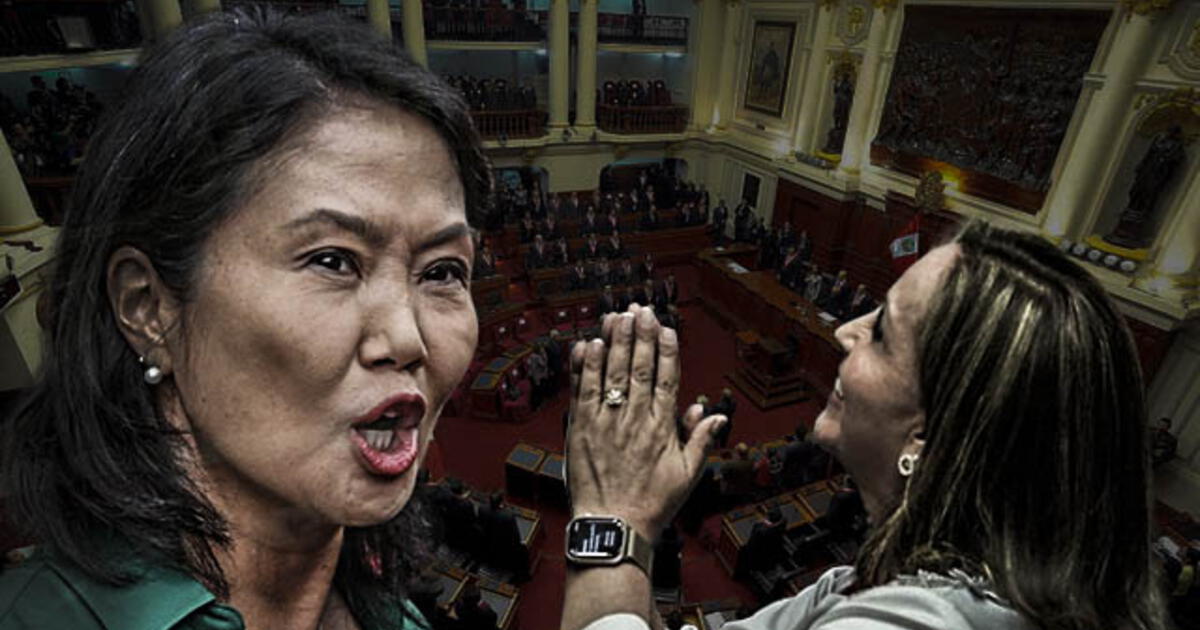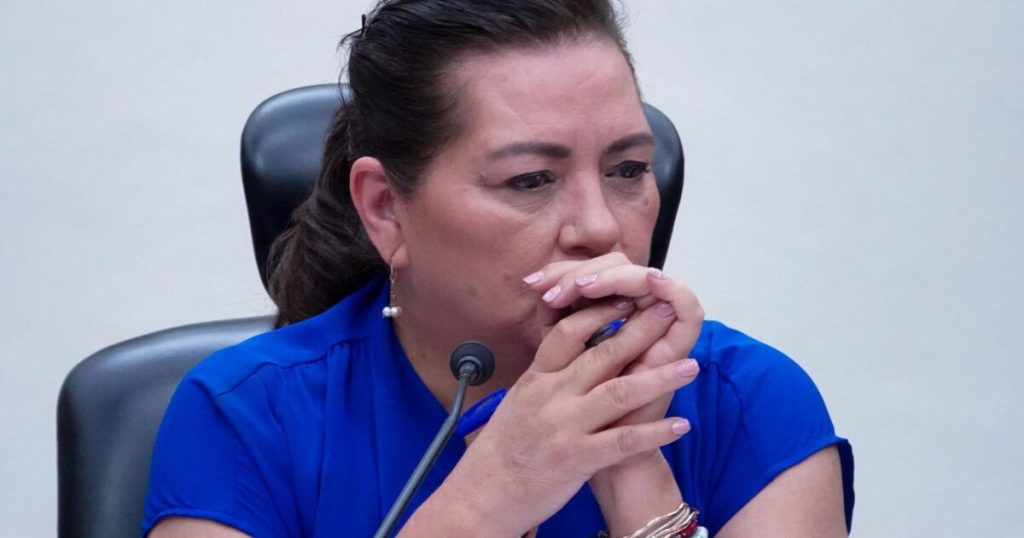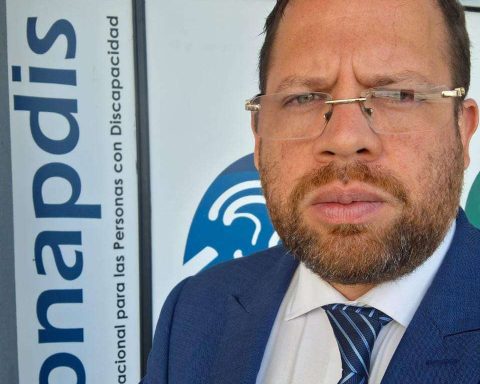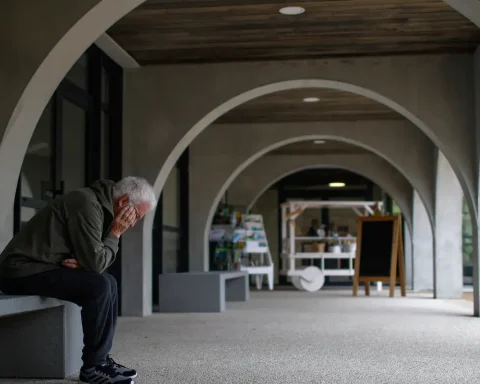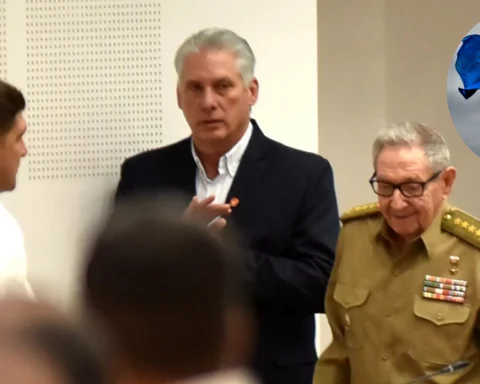Dina Boluarte is preparing to take a new step on the road to impunity. This Thursday is the deadline for observing the signing of the Fujimori law that favors those who committed crimes against humanity in the eighties and nineties and, according to sources in the Executive, the president will once again choose to act in complicity with Parliament and will not make any observations..
The head of the ministerial cabinet Gustavo Adrianzen He was consulted today and only said that the issue is still under evaluation.
The aforementioned autograph of the law was sent to the Palace on July 8, after the text was ratified only by the members of the Permanent Commission of Congresswith only 15 votes in favordespite the significance and implications for the justice system and human rights.
The law establishes the statute of limitations for crimes committed prior to July 2002, the date on which the Rome Statute of the International Criminal Court came into force.
“No one will be prosecuted, convicted or punished for crimes against humanity or war crimesfor acts committed prior to July 1, 2002,” establishes article 5 of the rule that was promoted by the party of Keiko Fujimori.
Fujimori law
The project that gave rise to this rule was presented by the neo-Fujimorist Fernando Rospigliositogether with José Cueto, member of Popular Renewal, one of the satellite benches of People’s Force.
In the last session of the Permanent Commission on July 4, the Fujimorists Martha Moyano, Arturo Alegría, Eduardo Castillo, Patricia Juárez, César Revilla and the defendant in the forced sterilizations Alejandro Aguinaga voted in favor of the text.
The law was also supported by legislators close to Fujimorism, such as Patricia Chirinos, Eduardo Salhuana, Maria Acuña, Jose Luna, Wilson Soto, Diego Bazan, Montoya and Cueto.
The text was sent to the Palace and the information available so far is that the Dina Boluarte regime will not present any observations.
The Ministry of Justice only has a technical opinion from the General Directorate of Criminological Affairs, which considers the rule to be “viable with observations.”
Sources in this sector reported that the minister in charge, Eduardo Arana, avoided requesting a report from the area that has the greatest expertise on the subject, which is the General Directorate of Human Rights.
International contempt
The decision of the Executive not to comply with the law is particularly relevant to the international community, since the Inter-American Court of Human Rights (IACHR) has issued provisional measures on this future law.
Specifically, this body required the three powers of the Peruvian State to take the necessary actions so that “the bill 6951 (the bill) is not given validity” Rospigliosi”.
Carlos Rivera Paza lawyer from the Institute for Legal Defense (IDL), explains that the Dina Boluarte regime would be incurring in a new contempt. “In reality, it would be an extremely serious situation,” he warns.
Rivera said that with this regulation, lawyers for those convicted and prosecuted for crimes considered crimes against humanity “will be able to request the annulment of their sentences or ask for the annulment of ongoing judicial proceedings.”
He also anticipates that the defense of the victims will fight in the Judiciary and considers it important that the judges exercise control over conventionality in order not to apply the Fujimori law, because it goes against the inter-American system of human rights.
